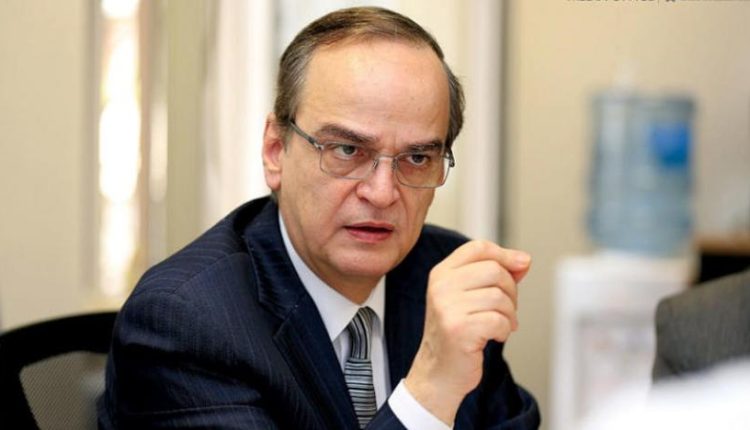Turkey-backed Syrian Opposition Coalition Reveals Plan” for Syria’s Future
DAMASCUS, SYRIA (North Press) – The Turkey-backed Syrian Opposition Coalition revealed on Sunday a comprehensive “action plan” for the country’s future governance, including proposals for a transitional government, a new constitution, and free elections.
The announcement came shortly after the fall of former President Bashar al-Assad’s regime, as reported earlier in the day by Hayat Tahrir al-Sham (HTS) and allied factions. In a statement broadcast by state television, HTS declared the fall of the Assad regime, calling it the end of the “tyranny” that has plagued Syria for over two decades. This marked a historic moment in Syria’s ongoing conflict.
In response to this critical turning point, the Opposition Coalition expressed its commitment to leading Syria toward a new political order. The coalition emphasized that a transitional authority with full executive powers would be established to oversee the country’s future, signaling a break from the autocratic rule that has defined Syria for years under the Assad family.
Hadi al-Bahra, President of the Syrian Opposition Coalition, shared further details of the group’s plans during a session at the Doha Forum on Sunday. Al-Bahra reiterated the need for a transitional period of 18 months, which would create a “safe, neutral, and calm environment” necessary for holding free and fair elections. He stated, “Syria must undergo a transition period to provide a proper environment for the Syrian people to choose their leaders.”
The proposed transitional period is seen as essential to stabilize Syria, where years of conflict have left the country fractured, with various factions controlling different parts of the nation. The SOC insists that the first step in the transition will be the drafting of a new constitution, which should be finalized within six months.
According to al-Bahra, once the draft constitution is prepared, a national referendum will be held for Syrians to vote on the proposed changes. “The constitution will decide whether Syria adopts a parliamentary, presidential, or mixed political system. Based on that, elections will take place, and the people will choose their leader,” al-Bahra stated.
The move comes at a pivotal moment, as the political and military landscape in Syria has drastically shifted following the end of Assad’s rule. In the wake of his removal from power, Syria faces a challenging but crucial task of rebuilding its institutions and establishing a new democratic order that can unite its deeply divided society. The creation of a transitional government is seen as one of the first steps in creating a legitimate political system that reflects the will of the Syrian people.
While the opposition has outlined clear plans for the future, challenges abound in implementing such a vision. The deep divisions within Syria, the presence of multiple armed factions, and the influence of foreign powers in the country will undoubtedly complicate the process. There is also skepticism within some factions about the ability of the opposition to deliver on its promises.
Despite these challenges, the coalition has vowed to push forward with its plans for Syria’s future. Al-Bahra emphasized that the transitional government would not only work on drafting a new constitution but would also be tasked with implementing urgent reforms to address Syria’s ongoing humanitarian crises, which include millions of displaced people, destroyed infrastructure, and an economy in ruins.
The international community will be watching closely as the situation in Syria evolves. Many Western and regional powers have expressed support for a political solution that includes a democratic transition in Syria, though the future of the country remains uncertain.
As the first steps toward rebuilding Syria are taken, the coalition’s action plan for a new governance structure could be a key factor in shaping the country’s post-Assad future. How effectively these plans are executed will ultimately determine whether Syria can move beyond its long-standing civil war and achieve lasting peace.

